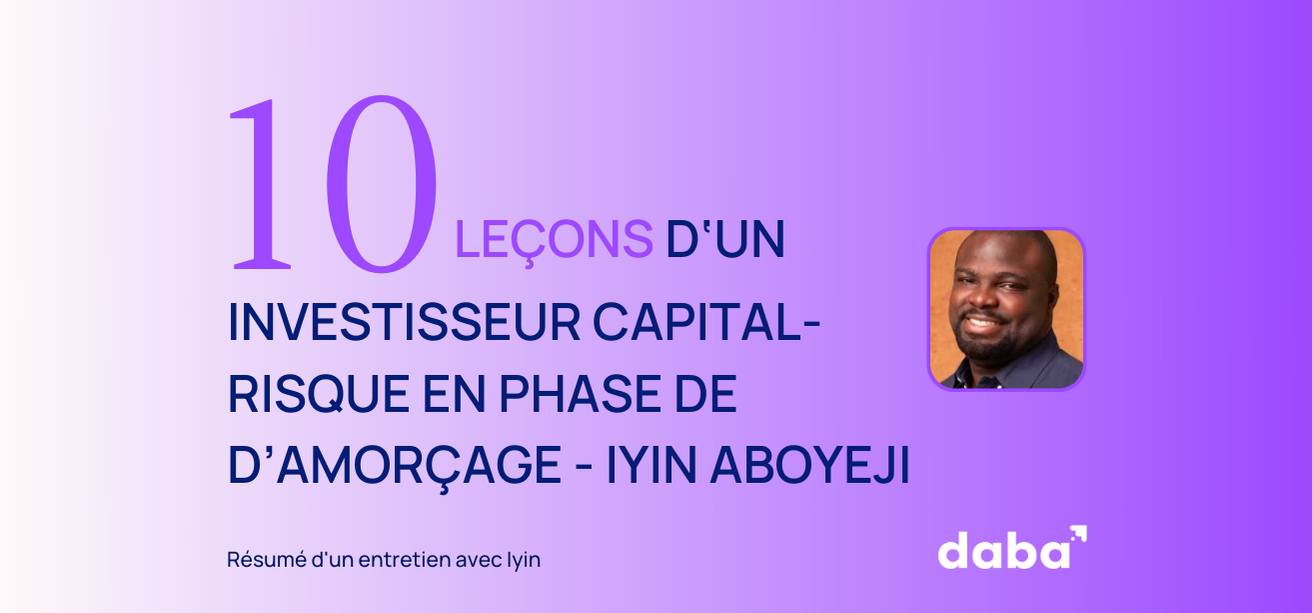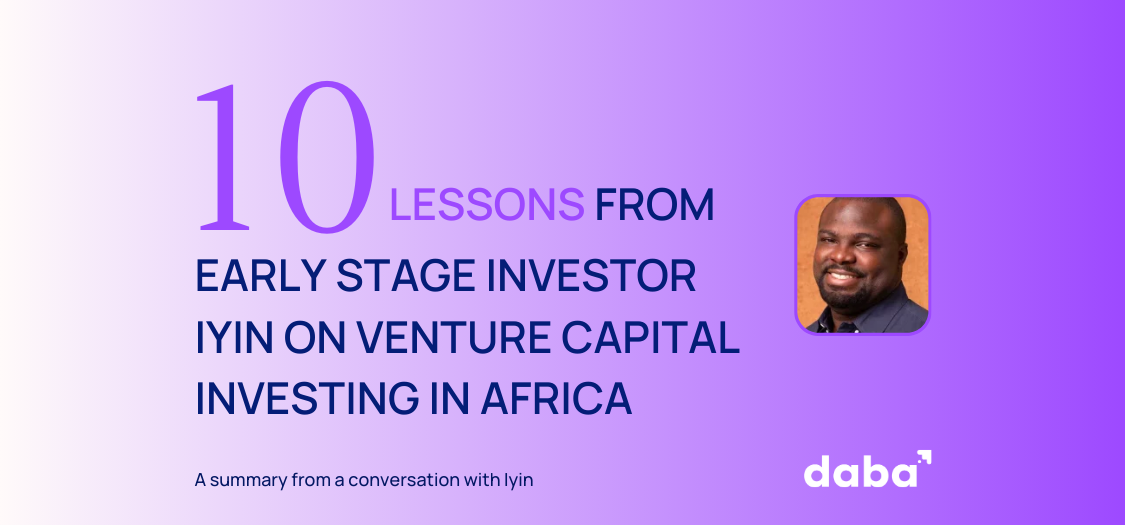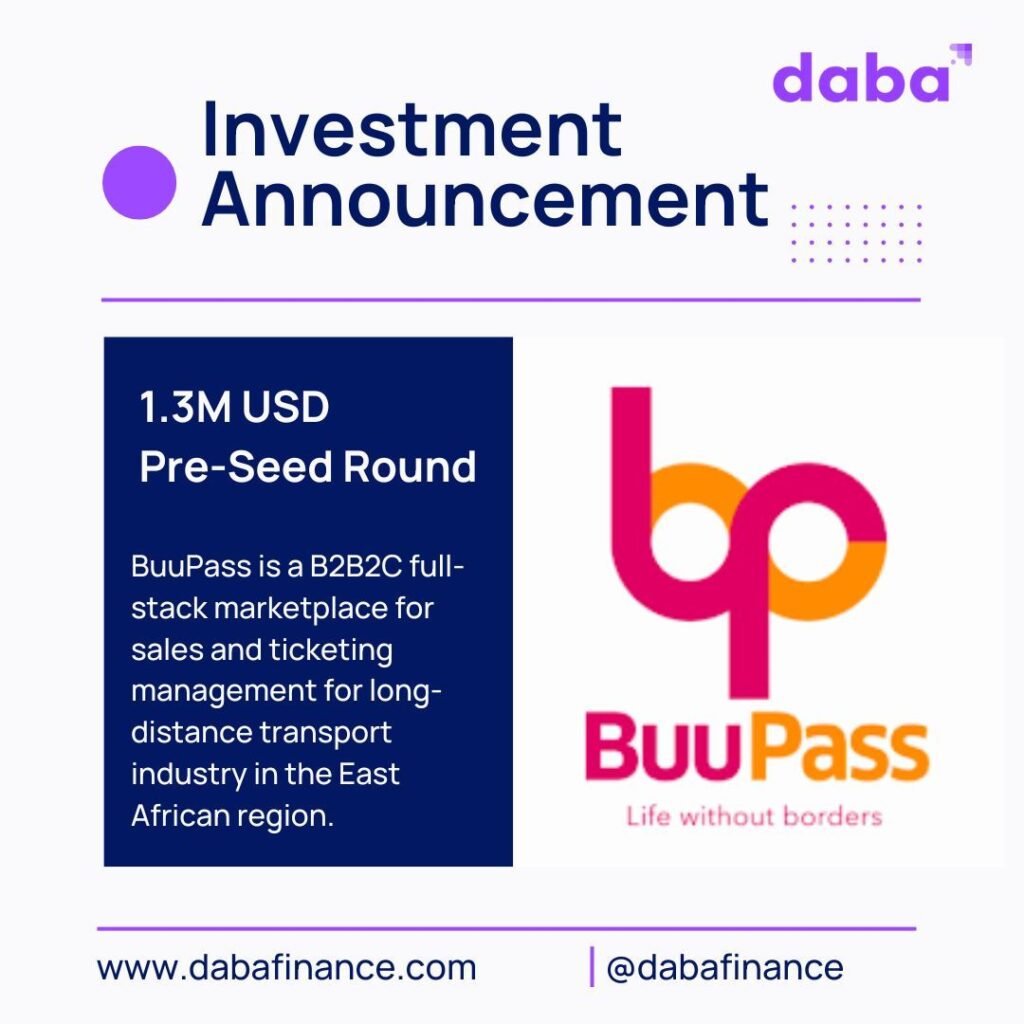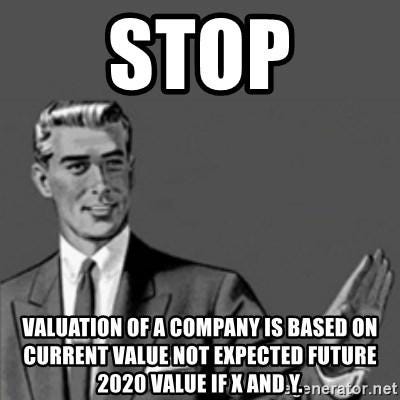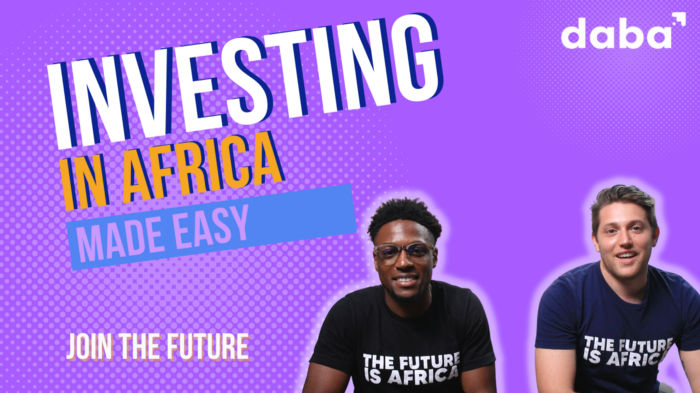Daba a récemment eu l’honneur de s’entretenir avec Iyin Aboyeji, partenaire fondateur de Future Africa, au sujet des immenses possibilités d’investissement en capital-risque en Afrique. En tant que l’un des principaux investisseurs dans les startups en phase de d’amorçage sur le continent, Iyin a partagé des informations précieuses tirées de son expérience d’investissement dans plus de 100 startups en Afrique.
Dans cet article de blog, j’aborderai les 10 principales leçons à tirer pour les investisseurs qui cherchent à exploiter le vaste potentiel de l’Afrique en matière de startups et de capital-risque :
#1 S’associer à des gestionnaires de fonds de capital-risque africains expérimentés
S’associer à des gestionnaires de fonds de capital-risque expérimentés et spécialisés dans l’Afrique peut considérablement améliorer les résultats de chaque investisseur. Leur expertise en matière de localisation et leur accès privilégié aux startups les plus prometteuses du continent sont inestimables.
#2 Adopter un état d’esprit à long terme
Adoptez un état d’esprit à long terme adapté aux écosystèmes de capital-risque naissants mais en plein développement de l’Afrique. À l’instar de la Silicon Valley dans les années 1970, la patience est essentielle.
#3 La pensée contraire permet de découvrir les valeurs sûres
Évitez la pensée de groupe consensuelle. Penser à contre-courant et nager à contre-courant est la clé pour découvrir les opportunités de startups aberrantes dans les 54 pays d’Afrique.
#4 L’évaluation de l’opportunité du marché est primordiale
L’évaluation minutieuse de l’opportunité du marché et du potentiel de résolution des problèmes est encore plus importante que la force de l’équipe ou du produit.
#5 Établir des relations solides avec les fondateurs
Établir des relations étroites avec les fondateurs de startups africaines et leur servir de conseillers de confiance.
#6 Co-investir stratégiquement avec des pairs bien connectés
Le co-investissement avec des pairs bien connectés et axés sur l’Afrique peut fournir un flux d’opérations et un accès au financement de suivi.
#7 Tirer parti des liens avec les entreprises
Tirer parti des liens avec les entreprises sur le continent pour aider les startups du portefeuille à obtenir les premiers clients de référence et à se développer plus rapidement.
#8 Effectuer un contrôle préalable approfondi
Soyez très sélectif et procédez à des vérifications préalables approfondies, en vous appuyant sur les connaissances et le contexte du marché africain local.
#9 Adapter son approche de l’investissement
Adaptez continuellement votre approche d’investissement, en diversifiant ou en concentrant les capitaux en fonction de l’évolution du paysage économique africain.
#10 Rester concentré sur les rendements
Restez concentré sur l’obtention de rendements élevés, ce qui attire d’autres apports de capitaux de la part des LPs et renforce la crédibilité du capital-risque africain en tant que classe d’actifs.
En résumé, l’investissement prudent en capital-risque en Afrique nécessite une vision, de la patience, des relations, un savoir-faire en matière de réglementation et une agilité dans la stratégie d’investissement. Suivez les enseignements de pionniers comme Iyin Aboyeji pour participer avec succès à la vaste histoire de la croissance à long terme de l’Afrique.
Vous pouvez consulter l’intégralité de la discussion à l’adresse suivante : https://www.youtube.com/live/-Tx6wRjV0UU?si=3TZ03PjxJg2Wy4mc
